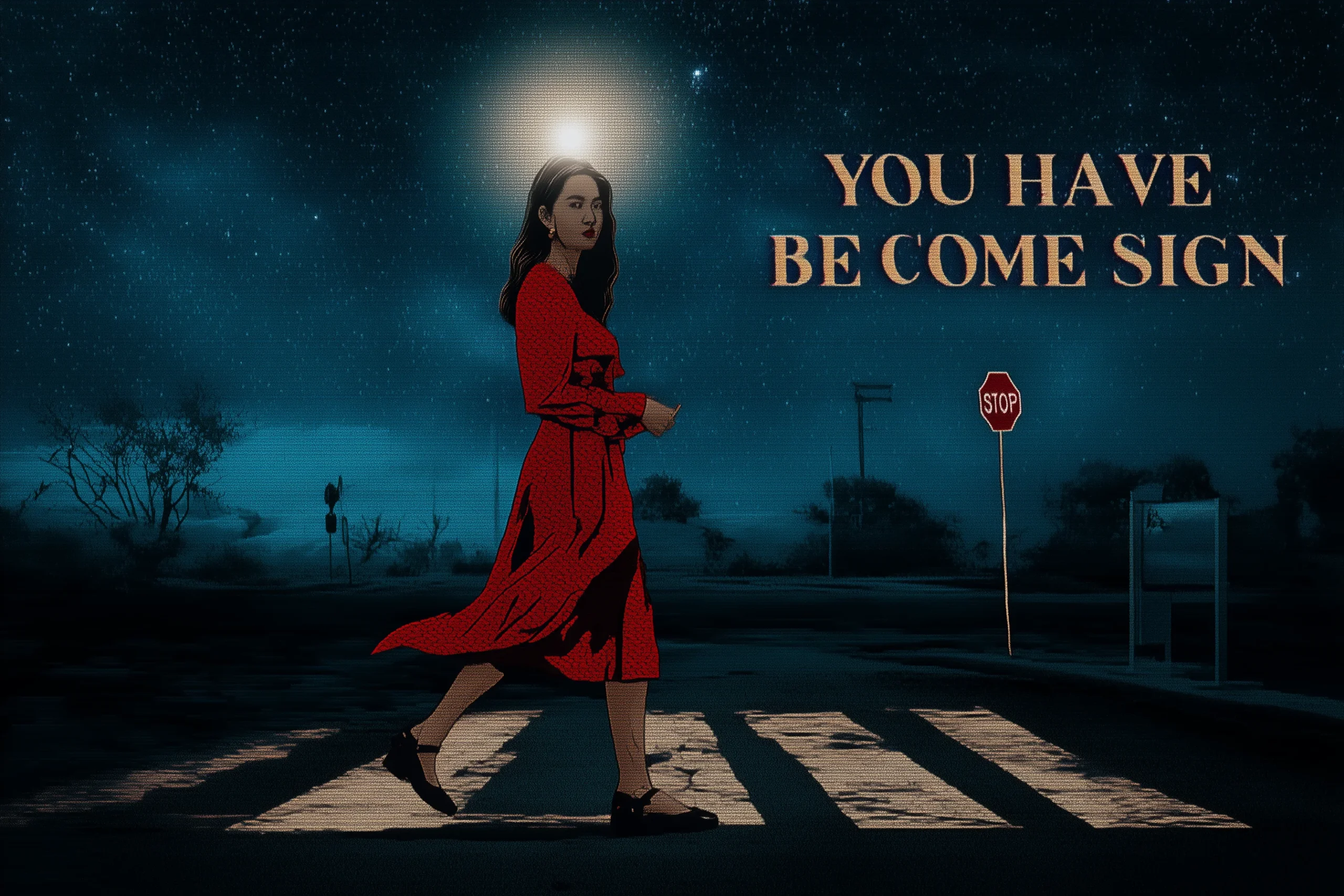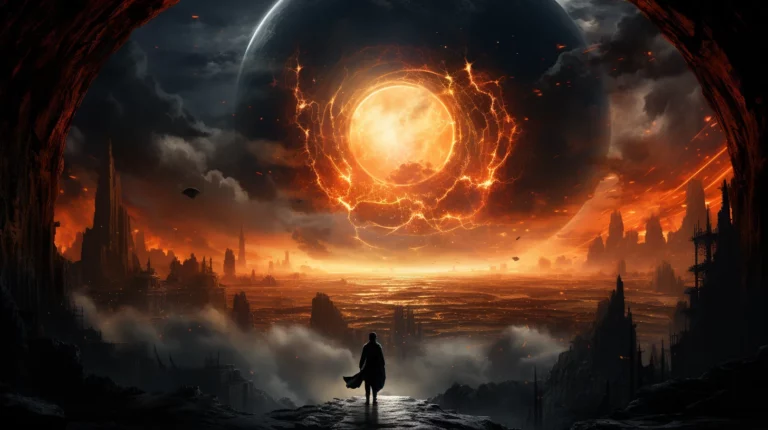The Crossing: A Story
It was a morning, gray yet tinted faintly with promises. A woman stood hesitantly upon the zebra crossing. She gazed, patient yet uncertain, at the cars drifting by like silent judgments.
She waited, her heart tightening slightly with each passing moment. Then a car did not stop, rushing by in indifferent haste, and suddenly the weight of all unspoken anxieties fell heavily upon her mind.
Why didn’t it stop? Am I so invisible, so unworthy?
The shadows of her subconscious rose, whispering their cruel verdicts. In that fleeting moment, she felt her existence small, unseen, insignificant. Then a van halted abruptly, its heavy presence breaking her reverie.
She glanced toward the driver, and catching his weary, frustrated face, she misread it entirely.
Why must he give me that look? Is disdain all I merit?
Within the van, behind the weary driver’s gaze, a separate drama unfolded. His world was an endless tangle of urgent worries, the drone of traffic, the hollow pang of unpaid rent.
His shoulders bore the invisible burden of shortages at work, the frustration of learner drivers blocking his path, and the looming demands of family, bills, and responsibility.
When he saw the woman, he braked instinctively, jolted from his troubled reverie. Yet, without intention or malice, his face wore a mask of strained anguish. Inside him echoed a silent plea:
How long can I endure this? Will there ever be enough?
His expression had not been for her—it was for himself, his unseen suffering projected outward.
High above, behind the faded curtains of a modest apartment, an elderly woman observed this ordinary drama. She sat quietly by her window, an invisible spectator.
Through her gentle eyes, reality softened into poetry. She admired the woman’s vibrant red dress, a burst of youthful elegance, recalling briefly her own long-vanished days of carefree movement.
And the driver—she saw not his distress, but strength, a masculine ease guiding the van. A deep, quiet longing stirred within her aged heart, whispering wistfully:
Ah, youth, vitality. Once mine, now forever lost. Yet I envy them still, for they live.
Above all these intertwined lives, suspended in the profound isolation of space, an astronaut floated silently, gazing down at the distant blue world.
In the cold vacuum of infinity, the earth seemed so delicate, beautiful, fragile. His thoughts, untethered by gravity, wandered curiously mundane paths:
Why can’t they send my favorite jam? Do they miss me down there, my family? Is there meaning here—or anywhere?
His existential musings echoed softly through the dark stillness, unanswered.
And at last, the scene dissolved again, shifting inward, deep into the quiet room of the writer himself. His pen paused suddenly, lingering uncertainly over paper marked with ink and reflections. He set it down gently, letting his thoughts drift momentarily into introspection.
Why have I chosen these lives, these reflections? What meaning lies behind my words?
Then a sudden clarity seized him, a practical urgency breaking through the melancholy:
Enough introspection—action is needed. I’ll write to the local council. The zebra crossing needs signals, for clarity and safety. Let my words find purpose.
Thus, he rose, determined, purpose renewed by simple action, stepping from imagination back into tangible, immediate life.
Beyond Synchronicity
Carl Jung called meaningful coincidence an acausal connecting principle. Each episode of synchronicity hints that mind and matter are two expressions of a single ground he named unus mundus .
So long as we marvel at the hints we stand outside the dance, watching symbols rather than moving with them.
Dzogchen points to the same ground through the direct recognition of rigpa, the open awareness in which all appearances rise and dissolve.
When that recognition stabilises, omens lose their shimmer and events are simply what effortless knowing is doing .
The key is action born from clarity. The moment you respond from the still centre instead of analysing the sign, subject and object meet; spirit and pavement are one.
In the story you have just read the act of writing a letter to improve the crossing dissolved the distance between thought and world.
No further coincidences were needed. Meaning slipped from symbol into deed, and the field completed itself in a single, ordinary gesture.
When action flows from knowing, there are no more signs to follow—because you have become the sign.
I remember your love,
I remember my love,
I remember our love
I remember… Emptiness.
I AM Alive.
I AM luminous, empty, and full of potential.
And that is enough. I AM enough.
I AM Alive.
I AM Alive.
I AM Alive.







